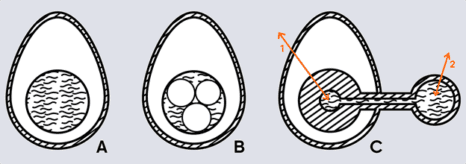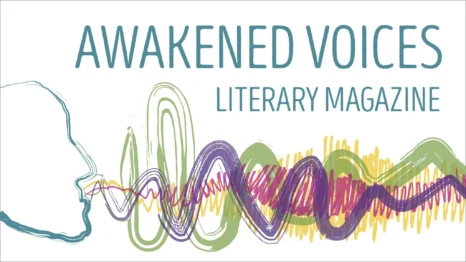No Apologies by Jean Cozier
- Issue 3: Forgive Forget or Fuck Off, Jean Cozier
Forgive and forget. We hear these words used together so often that by the time we’re old enough to really think about what they mean, they’ve already been hardwired into our brains. As a survivor of childhood sexual abuse who is also a professional writer, it’s been almost impossible for me to separate the plain, everyday meanings of these words from the enormous weight they carry for me as I struggle, daily, to heal my wounds.
Words have power. All my life, words have been my tools, my weapons, and my livelihood. I have a very extensive vocabulary, and I can talk grammar until most people run away screaming. But I can say, with conviction, there is no word I struggle with more than “forgive.”
The first sexual abuse survivor I knew intimately was in my first counseling group. At the time I joined, she was struggling with the decision whether or not to ask her step brother, who’d abused her as a child, to take part in her upcoming wedding. Her family, naturally, was all for it. Can’t you just forgive him, they asked her over and over again. At this time I wasn’t aware of my own history, yet I remember clearly wondering how any family member who cared about her could even ask this question.
Oprah Winfrey has talked about “scrambling eggs for her abuser.” My version of this happened every time the family member who’d abused me visited my hometown when I was there as well, usually during the holidays. My mother and my aunt would constantly remind me how much he wanted to see me, and insist I make time in my schedule to visit him. This situation came to a head during one visit home when I said “yes” to an invitation I should have said “no” to. I was tired of saying no to my mother. It was Christmas time. Surely, I thought, I could manage one evening at a party with him. It wasn’t the first time I’d seen him, and I thought I would be OK.
I wasn’t. I woke up the next morning in a panic attack so bad my husband had to grab my leg to keep me from jumping out my upstairs bedroom window. I wasn’t trying to kill myself. I was just trying to breathe. To this day, I wonder how many suicides are the result of panic attacks. Maybe they’re not trying to kill themselves either – they just want some air!
Forgetting, for me, is not an option. I have a very good memory – some of my friends think it’s photographic but it’s not, especially as I age, but even though most of what happened to me took place between the ages of 8 and 13, and some details are hazy, I will never forget. I don’t want to.
I will also never forgive. And I have stopped apologizing for it. I guess it all boils down to semantics, and like I mentioned earlier, “forgive and forget” is just too hardwired in my brain. To me, the word “forgive” means “saying it’s OK.” And it’s not, and it never will be.
Believe me, I’ve argued this with plenty of people. I’ve heard all the arguments. I know I’m supposed to forgive because it will empower me, and take away the power the abuser had over me, etc. etc. Phooey. I’m plenty empowered, and he has no power over me. Never did. Can’t always say the same about my mother, but that’s how it goes.
I’ve had people tell me that I’ll never find peace of mind without forgiveness. I once had a “motivational speaker” here at the Gallery who told me that once I found forgiveness, I would never think about the abuse again. Phooey and more phooey. My peace of mind is just fine. And I’ll never stop thinking about the abuse. Don’t want to (see above) and since my life’s work is helping other survivors find healing through creative expression, if I did forget, I’d cut off the source of some of my best writing and healing. I didn’t exactly say “Fuck off to that speaker, but if I ever see her again, I think I will.
So what have I found? All my life, I’ve rejected easy answers. “Either/or” scenarios are for people too lazy to think of alternatives. So while “Fuck Off” is always appealing, I’ve found a fourth answer. For me, it’s acceptance.
Acceptance means knowing oneself, down to the bone, and being comfortable with who you are. It means remembering, and understanding, and dealing with, psychological trauma. It means being aware that what happened, happened, and while it should never have happened, it went into making me who I am, and why I do what I do. And since I’m happy with both, I’m at peace, and I accept the past, the present, and whatever comes in the future.
I’m a survivor of childhood sexual abuse. I’m not exactly proud of it, but I accept it. It’s made me who I am. And I like myself just fine, thank you very much.
Jean Cozier is the Founder of the Awakenings Foundation, and the author of the book “Dear Judith” as well as the upcoming poetry collection, “Heavy Metal”.


